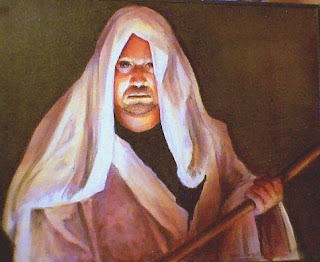
(taken from "Strange Facts About the Bible" by Webb Garrison
For practical purposes, Jewish Law under the Old Testament established the earliest forerunner of today's practice of refusing to grant extradition papers for a wanted man. This law provided a "city of refuge" for a person who committed involuntary manslaughter (distinguished from willful murder)could flee and be safe from the relatives of his victim.
Six such cities were established - three on each side of the Jordon River. Anyone who had accidentally spilled another's blood would be safe from any kind of retaliation. Upon the death of the local high priest all fugitives is that city were free to return to their homes. This system incorporated many of the principles that govern our most advanced sets of legal procedures aimed at securing justice in cases of accidental homicide.

























